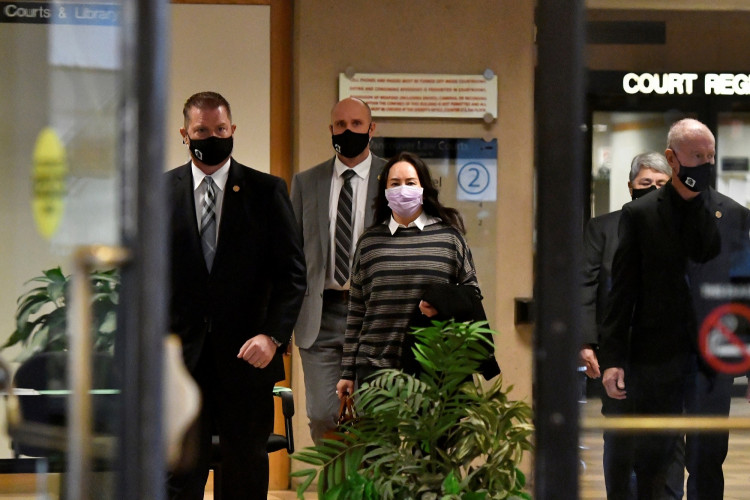Canada police who detained Huawei Technologies executive Meng Wanzhou say they made "mistakes" and will continue giving evidence in an extradition hearing Tuesday.
Canada Associate Chief Justice Heather Holmes scheduled another hearing Tuesday after hearing national authorities made "errors" during the detention and arrest of Meng.
Proceedings may continue into next year as appeals drag out.
On Monday, Canada police told the court they didn't receive orders to ask for passwords to her electronic devices.
However, they proceeded to take and deliver the passwords to U.S.-Canada border officials on the day Meng was arrested, they said in an extradition hearing.
Meng's lawyers said the handover of sensitive information was against Canada's privacy laws. They alleged the "forced" taking of Meng's passwords may have been part of an evidence-gathering exercise implemented by the U.S. Federal Bureau of Investigation.
As a result of the alleged violation of Canada's privacy laws and Meng's rights, the Huawei executive's legal team is seeking to have her extradition scrapped.
Huawei's chief financial officer was detained during a layover at a Vancouver airport in December 2018. She was detained at the request of the U.S. over accusations of fraud related to Huawei's alleged business dealings with Iran.
Royal Canadian Mounted Police constable Gurvinder Dhaliwal told the court Monday the Canada Border Services Agency attempted to correct its mistake a week after Meng's arrest. The agency allegedly contacted the Mounties and said that the delivery of the passwords and devices was made "in error."
Dhaliwal told government lawyers that he and his team never attempted to use the passwords to access Meng's electronic devices. The agency seized Meng's devices, which included an Apple iPad, Apple laptop, an Apple iPhone and a Huawei smartphone along with the passcodes to access them.
The testimony given by Dhaliwal is a substantial element in the argument to scrap Meng's extradition. Her legal team alleges U.S. authorities deliberately used Canada's pre-arrest border examination to help its fraud case against Huawei.
Agency officer Scott Kirkland previously admitted he asked for Meng's passwords as part of his team's immigration examinations.
He claimed that the practice was "normal" and was conducted often. Kirkland said giving the devices and passwords to the Royal Canadian Mounted Police was a "heartbreaking" mistake.





